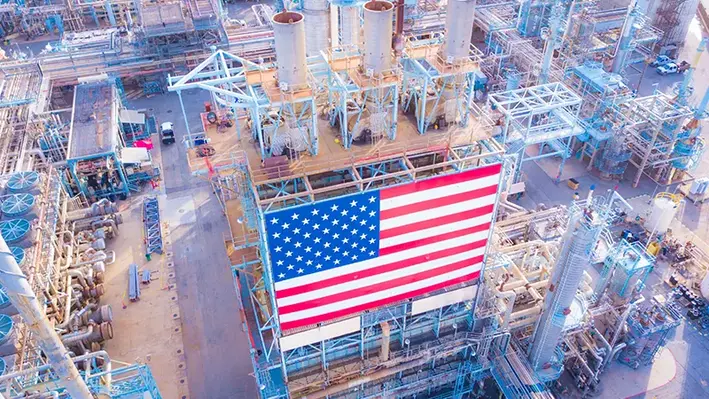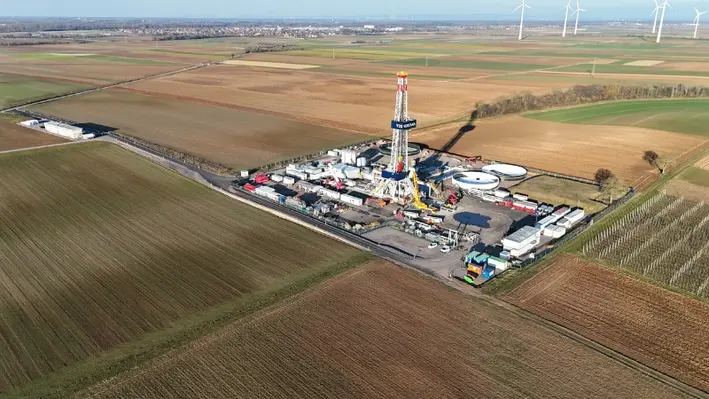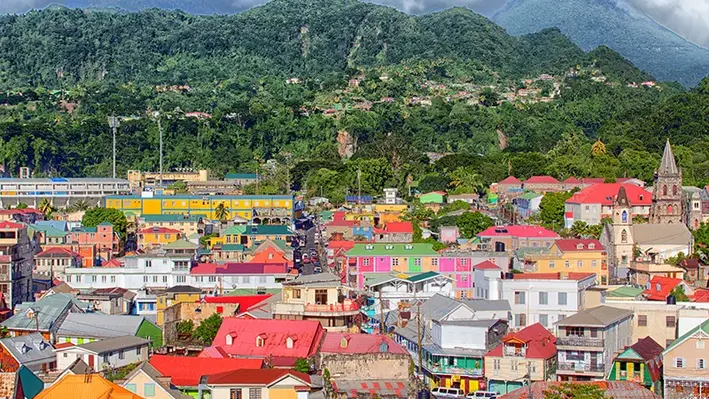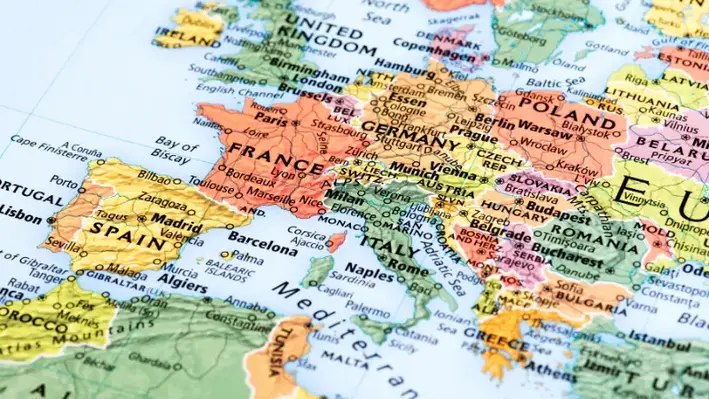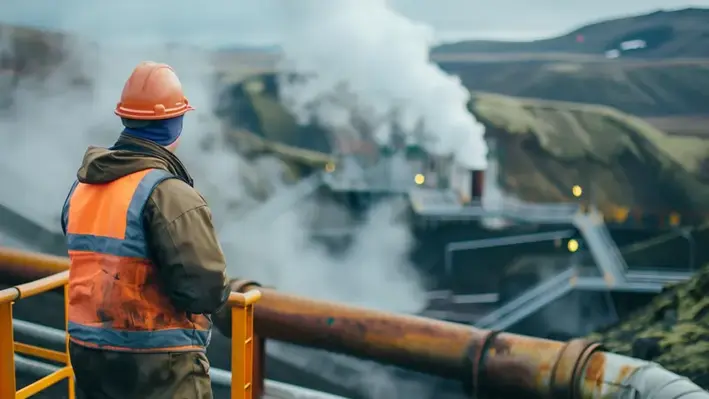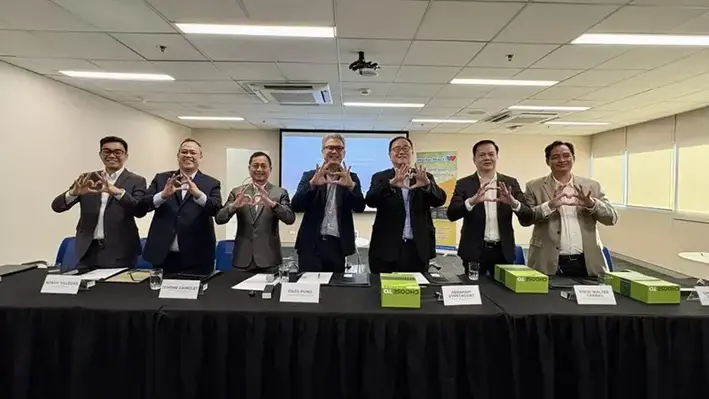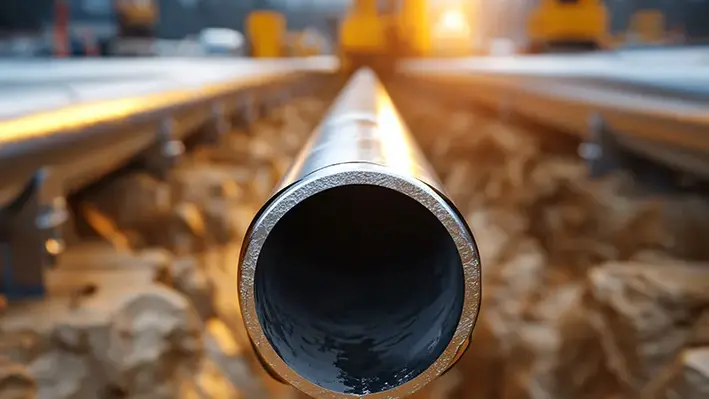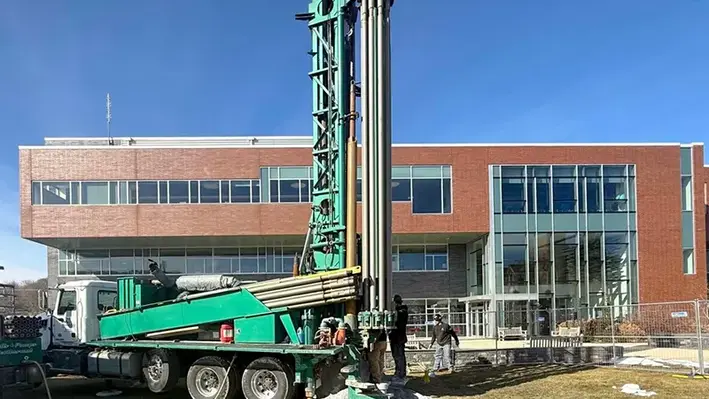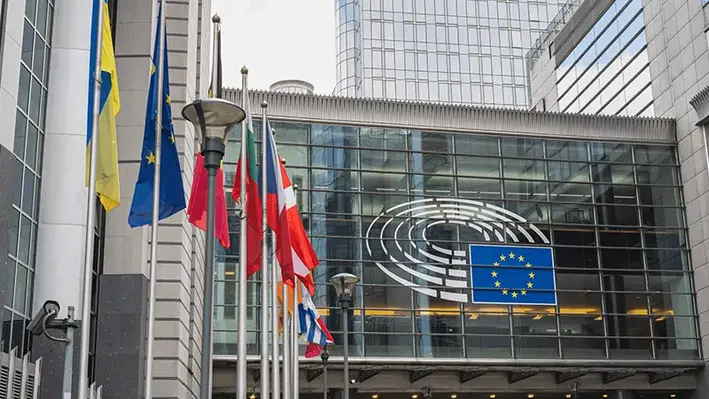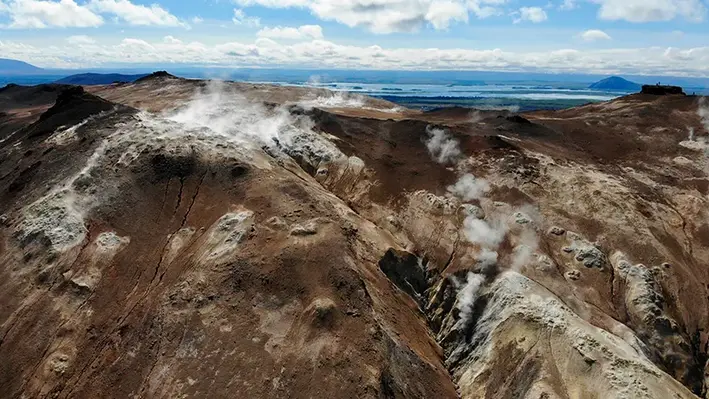Latest News
Latest News
- Region: North America
- Topics: Geothermal
- Date: 4th December 2025
Geothermal could enhance US energy security, but only if it is prioritised, according to The Atlantic Council, a Washington DC-based thinktank established in 1961.
In a new report, it notes that geothermal energy offers reliable, 24/7 clean power with low supply-chain risks, thereby enhancing overall energy security in the US.
The Atlantic Council also argues that with policy support and new drilling technologies, geothermal could expand beyond limited regions, which characterises the sector currently.
High upfront costs and slow deployment remain challenges, but its firm, domestic power makes it strategically valuable, the paper, written by Paul Stahle, a senior energy advisor and government relations expert, notes.
It also comes at a time of rising electricity demand in the US.
After nearly a decade of flat growth, the US Energy Information Administration projects that annual demand across the country will grow 2.4% in 2025 and 2.6% in 2026.
“Meeting that demand affordably poses a formidable challenge,” The Atlantic Council notes.
“Oil and gas markets are volatile, while renewables have intermittency challenges and vulnerable supply chains. In this environment, accelerating the development of geothermal energy could help reduce exposure to these risks.”
Compared to solar, wind, or battery storage, geothermal power relies relatively less on critical minerals like cobalt and lithium, it adds, and, unlike oil and gas generation, geothermal requires no fuel.
As a result, geothermal can provide round-the-clock baseload power with lower exposure to disruptions in global supply chains, the paper adds.
“By prioritising the rapid development of geothermal, policymakers could help the United States build a unique path to energy security — one that delivers reliable power 24/7, insulated from global hydrocarbon markets and vulnerable supply chains,” it concludes.
- Region: Europe
- Topics: Geothermal
- Date: 03 December, 2025
Vulcan Energy has secured a comprehensive financing package to fully fund the construction and development of Phase One of the Lionheart lithium project in the Upper Rhine Valley.
- Region: North America
- Topics: Geothermal
- Date: 1st December 2025
Dominica is gearing up to commission its first geothermal power plant this month, according to a senior official from the Caribbean island state.
Finance Minister Dr. Irving McIntyre said the commissioning of the 10 MW plant in the Roseau Valley is set to begin during December, with commercial operations scheduled to start in March 2026.
Speaking to the nation’s Parliament, and cited by Dominca News Online, he called the project a milestone for Dominica’s renewable energy ambitions.
The country is also strengthening its transmission and distribution infrastructure to connect the plant as part of broader efforts to improve energy security and bring down costs on the island, drawing on loan funds from the World Bank.
“We are reminded that in addition to the government’s investment in geothermal power exploration and infrastructure,” he was quoted as saying by Dominica News Online, “government is investing in a first phase of high-voltage resilient transmission network which will connect the geothermal power plant.”
McIntyre said that these works are expected to be completed in time for the commercial operations of the geothermal power plant.
The launch will make Dominica the second member state of the Organisation of Eastern Caribbean States Commission (OECS) to commence geothermal power production.
Guadeloupe has been producing about 5% of its electricity from geothermal energy sources since 1986.
Other member states, such as St. Kitts and Nevis, are also advancing plans to tap into geothermal energy.
- Region: Europe
- Topics: Geothermal
- Date: 01 December, 2025
Project InnerSpace has announced the launch of GeoMap Europe, a geothermal mapping tool that unifies decades of data to reveal the continent’s vast potential.
- Region: North America
- Topics: Geothermal
- Date: 28 November, 2025
Global geothermal investment is entering a rapid expansion phase, with capital expenditure projected to rise by roughly 20% each year through 2030, based on Rystad Energy’s latest geothermal economics model.
- Region: Asia Pacific
- Topics: Geothermal
- Date: 26 November, 2025
The WalterMart and Abenson Group of Companies have renewed their partnership with First Gen Corporation (First Gen), the Philippines’ leading renewable energy provider, to power their operations with geothermal energy.
- Region: Europe
- Topics: Geothermal
- Date: 26 November, 2025
Arverne has commenced drilling operations on the first geothermal doublet production and re-injection wells at its Schwabwiller site in Alsace, France.
“This milestone crowns five years of intense effort and marks a major step forward in the industrialisation of the unprecedented Lithium de France project,” said Pierre Brossollet, Arverne’s founder and CEO.
On the surface, the two wells will be spaced 10 metres apart and will gradually move further apart to reach a spacing of 1 kilometre at a depth of 2,400 metres.
Drilling operations for the first doublet of the Lithium de France project will take place over a seven-month period.In a statement, the company said this initial drilling will confirm the flow rate, temperature, and lithium content of the geothermal fluid at the site.
The first phase will be crucial for collecting data that will help refine geological models and adapt technical protocols, it noted in a statement.
“The Lithium de France project will actively contribute to the energy transition by providing carbon-free geothermal heat to businesses, farms, and local communities in northern Alsace via a short supply chain,” the statement read.
The geothermal brines, rich in critical metals, will also be used to produce low-carbon lithium to support electric mobility, it added.
According to Brossollet, the project will enhance the attractiveness of the region, contribute to decarbonisation efforts, and generate nearly 200 direct jobs in the area.
The geothermal lithium produced will also have a reduced environmental footprint, with approximately 70% less CO2 emissions compared to the lithium currently available on the market.
“By combining geothermal heat and sustainable lithium extraction in Europe, this project embodies a new era of energy sovereignty and re-industrialisation for our country,” said Brossollet.
“This success is a testament to the ongoing commitment of our teams and the renewed confidence of our shareholders. It brings us closer to the final investment decision, an essential step in realising our ambitions.
- Region: Europe
- Topics: Geothermal
- Date: 25 November, 2025
Scunthorpe General hospital in northern England is set to become a showcase for geothermal energy early in 2026, according to NHS North Lincolnshire and Goole, the NHS Foundation Trust that looks after the facility.
The Trust provided an update on timings for the project, which is being carried out by CeraPhi Energy Ltd, with works “due to be completed early next year,” it noted a statement.
“Geothermal energy will be used to heat some of our hospital buildings as part of a ground-breaking project to transform Scunthorpe General into one of the greenest healthcare sites in the UK,” it stated.
“The pioneering project will see us using reliable, green heat from deep below the grounds of the hospital, reducing our reliance on fossil fuels and helping us to meet our Net Zero targets.”
The system is believed to be the deepest of its type ever installed in the UK and is part of a larger programme of improvements being made on the site, which also include replacing gas-fired boilers with state-of-the-art electric boilers and the construction of a new energy centre.
Other energy improvements include installing new car ports to house additional solar panels in the hospital’s car parks and upgrading the windows, roofing and building management system.
“We are proud to be one of the most pioneering NHS organisations in the country in using sustainable, green energy to power and heat our hospitals,” said Alex Best, group deputy director of capital services and sustainability.
“We believe this is important for a number of reasons. Firstly, we want to create healthy, clean environments for our patients, visitors and staff – and the wider communities living and working around our hospital sites.”
Best added: “We also want to invest in technology that will help to make our buildings more efficient, creating comfortable spaces for patients to heal and recuperate, that are more economical to run.
“This latest phase of works, that will see us using a geothermal system to heat some of our buildings at Scunthorpe is a really exciting development, which we hope will pave the way for similar schemes in the future.”
Gary Williams, chief operating officer of CeraPhi Energy Ltd, added: “We are immensely proud to be partnering with the NHS on this infrastructure project and we are committed to supporting Scunthorpe General Hospital in setting a new standard for sustainable healthcare.”
- Region: North America
- Topics: Geothermal
- Date: 21 November, 2025
The University of Rhode Island (URI) is taking significant steps towards achieving net-zero carbon emissions, adopting a range of renewable energy solutions as part of its broader sustainability strategy.
- Region: Europe
- Topics: Geothermal
Project InnerSpace has introduced GeoMap Europe, an advanced geothermal mapping and prospecting platform designed to consolidate decades of subsurface research and present a unified view of Europe's extensive geothermal potential.
- Region: Europe
- Topics: Geothermal
- Date: 19 November, 2025
Preparations are underway for an ambitious geothermal drilling project that will support heating and cooling at the future Central Communication Port (Centralny Port Komunikacyjny / CPK) Airport in Poland.
- Region: North America
- Topics: Geothermal
- Date: 18 November, 2025
US-based Deep Fission Inc. is drawing on geothermal know-how and other proven techniques from across the energy sector as it develops a new approach to nuclear power.

